Bac Giang promotes vegetable production
BAC GIANG - Due to the impact of Typhoon Yagi, many areas of vegetables ready for harvest in the northern region have been damaged, leading to a shortage of green vegetables. Currently, residents, local authorities, and relevant sectors in the province are implementing various measures to stabilise the supply of vegetables, tubers, and fruits as soon as possible.
According to the provincial Department of Agriculture and Rural Development, over 2,700 hectares of vegetables across the province have been affected by the storm. Following directives from the province and the Ministry of Agriculture and Rural Development, the department has quickly guided localities to restore agricultural production after the floods.
 |
|
Residents in Minh Son village, Trung Son commune, Viet Yen township care for soybeans. |
It has provided criteria for assessing damage, counting losses, and proposing support for farmers in terms of seeds, materials, and fertilisers to resume production. It has also required units to assign officials to oversee each district, township, and city to provide guidance and promptly solve difficulties faced by local areas.
As soon as the weather improved, farmers rapidly harvested ripe rice and crops to free up land for planting winter crops. To date, localities have harvested over 10,000 hectares of rice and nearly 4,000 hectares of various vegetables, with almost 1,000 hectares of winter crops planted.
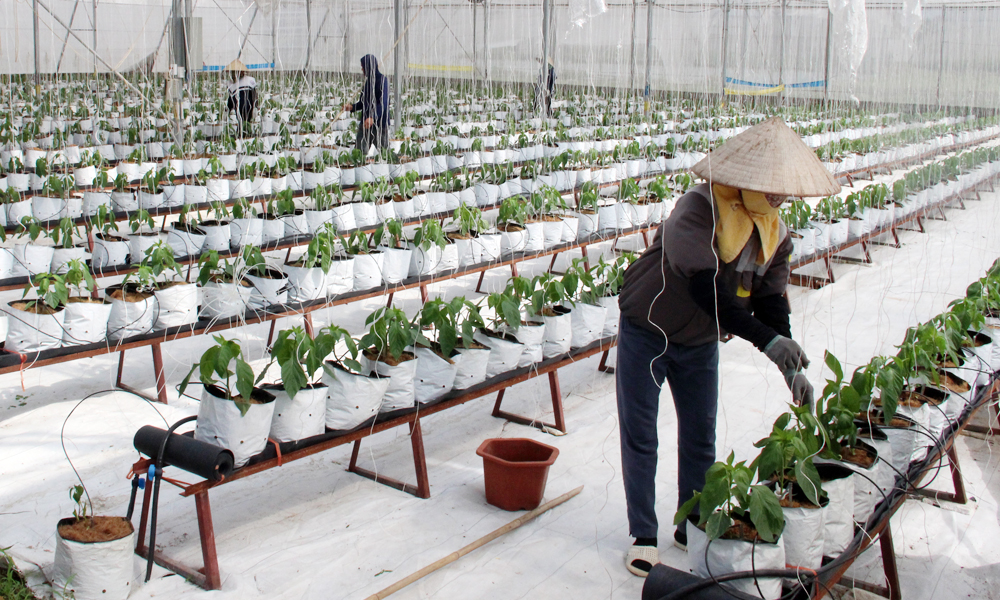 |
|
After the storm, the Yen Dung Clean Vegetable Cooperative has rebuilt membrane houses to plant Da Lat peppers. |
For the areas of rice and vegetables damaged beyond recovery, residents are switching to planting short-term crops and other annual plants to supply to the market promptly, while preparing seeds and fertilisers for the winter crop. In Luc Nam district, Typhoon Yagi damaged 673 hectares of vegetables, mainly in Tam Di and Yen Son communes.
Currently, local farmers are focusing on preparing the land for planting sweet potatoes, mustard greens, spring onions, and others. Alongside the farmers, many cooperatives have been cleaning up membrane and net houses and removing damaged plants.
The Yen Dung Clean Vegetable Cooperative has successfully planted 10 hectares of short-term, high-yield vegetables such as Da Lat peppers, water spinach, amaranth, tomatoes, and corn. In addition, the cooperative has also formed linkages to sell agricultural products for other producers and agricultural cooperatives in the locality.
Accompanying farmers in overcoming difficulties, the Ministry of Agriculture and Rural Development has called on various organisations and enterprises to support agricultural materials for farmers in Bac Giang. Some companies have already provided hundreds of tonnes of fertilisers, 100 tonnes of potatoes, and over 1.2 tonnes of vegetable seeds, including cowpea, green amaranth, and other varieties.
Nguyen Van Thi, Director of the Department of Agriculture and Rural Development, stated that the department has assigned specialised units to receive the supported seeds and fertilisers for allocation to localities based on their needs. It aims to expand the area of winter crops to compensate for losses from the storm, with an additional 1,000 hectares compared to the initial plan.
Bac Giang has proposed the Ministry of Agriculture and Rural Development provide 2,000 tonnes of potato seeds (Atlantic, Marabel, Actrice), 9 tonnes of vegetable seeds, and nearly 8 tons of sticky corn and hybrid corn to support production for the winter season 2024.
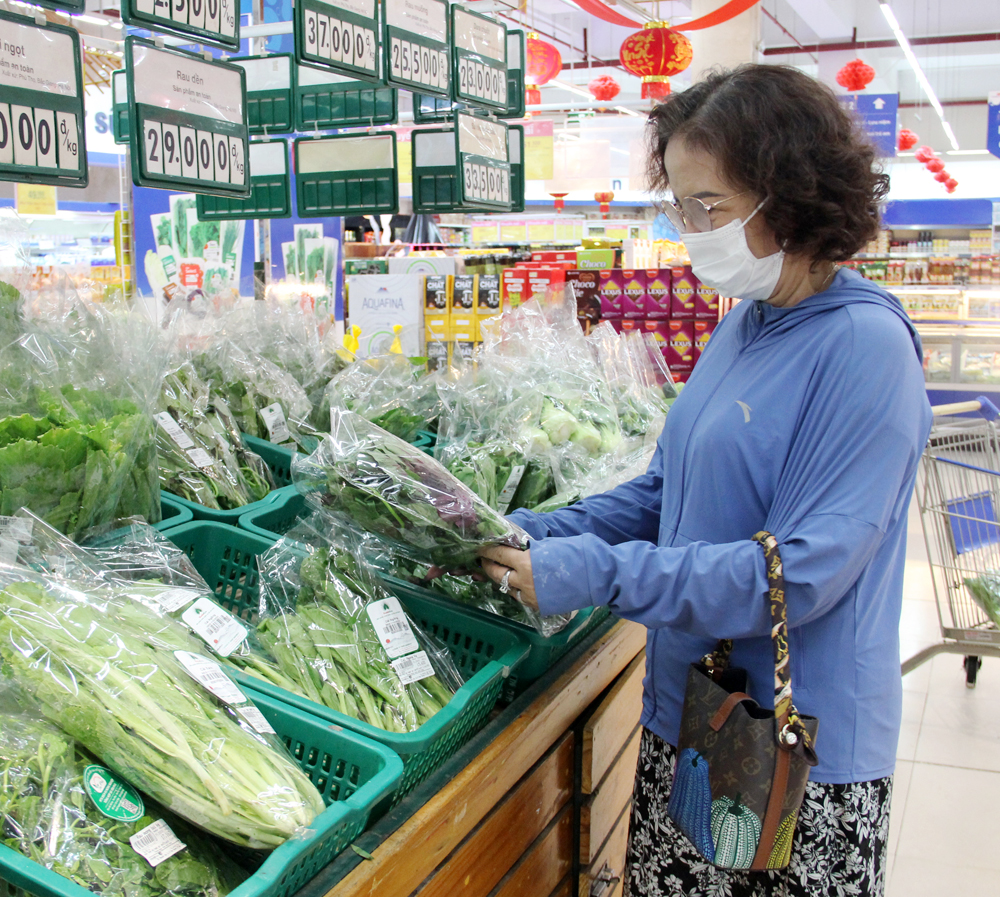 |
|
Abundant vegetables at Co.opmart Bac Giang. |
Following the guidance from the provincial Department of Industry and Trade, supermarkets in the province have increased imports of vegetables, tubers, and fruits from areas not affected by the storm, ensuring a stable supply and price stability for consumers in Bac Giang.
In late September and early October, at Co.opmart Bac Giang, there was an abundance of goods, especially vegetables and fruits, with prices remaining unchanged.
With many areas of short-term vegetables newly planted, favourable weather conditions, and residents’ active caring, it is anticipated that in about 10 days, the supply of vegetables in the province will increase again to meet market demand.
 Bắc giang
Bắc giang


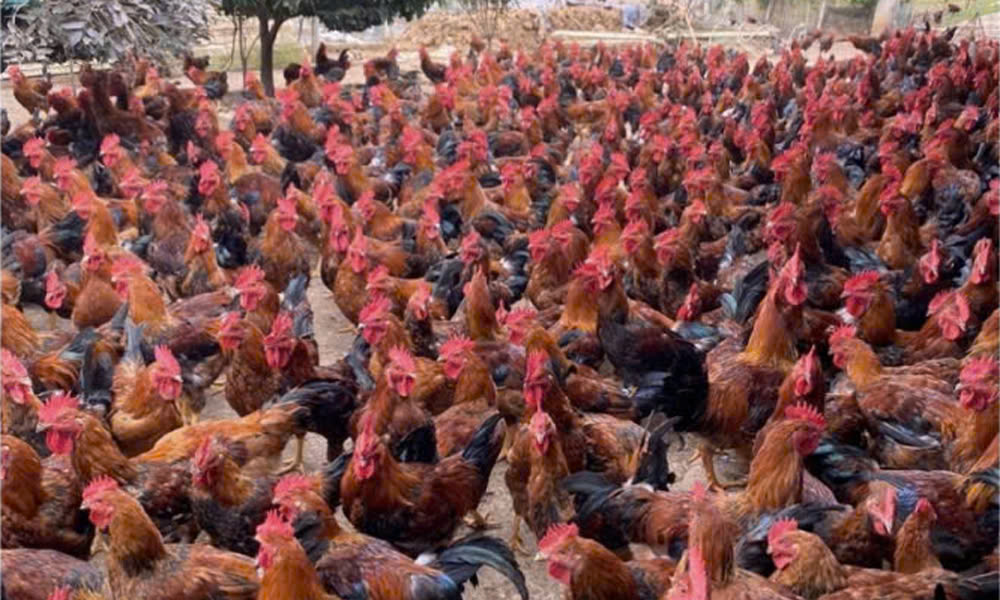



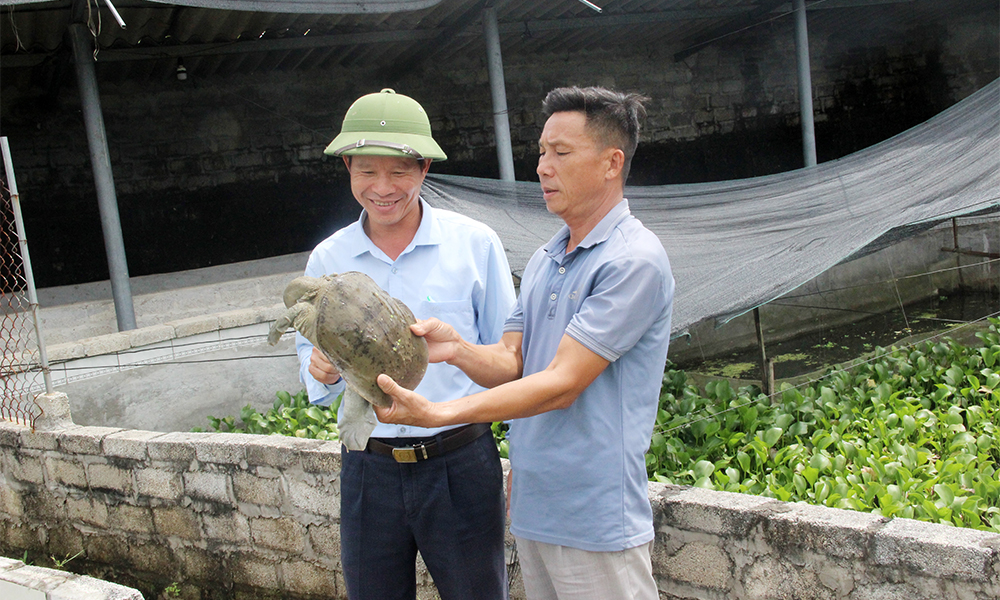



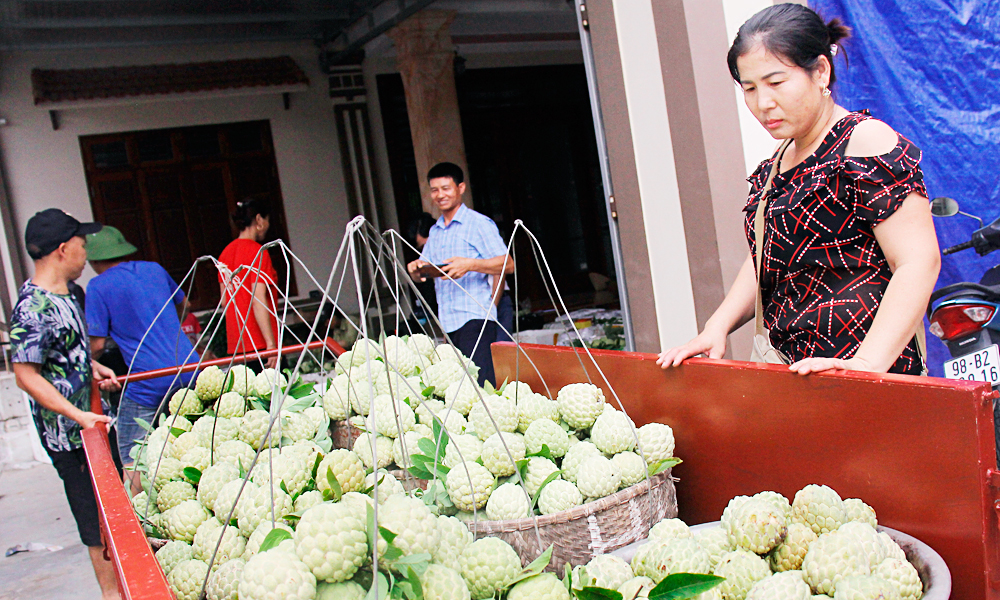

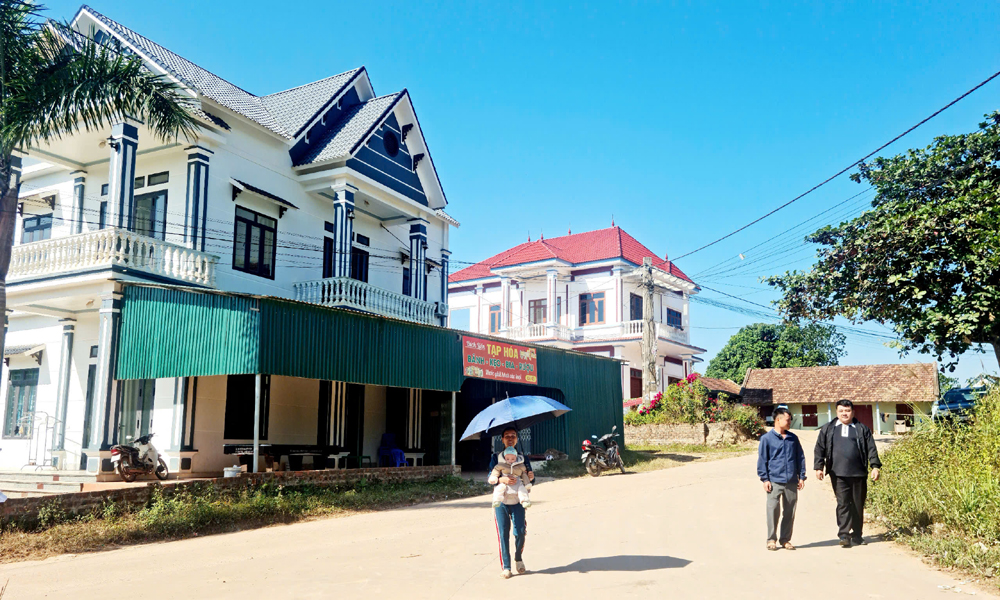


Reader's comments (0)